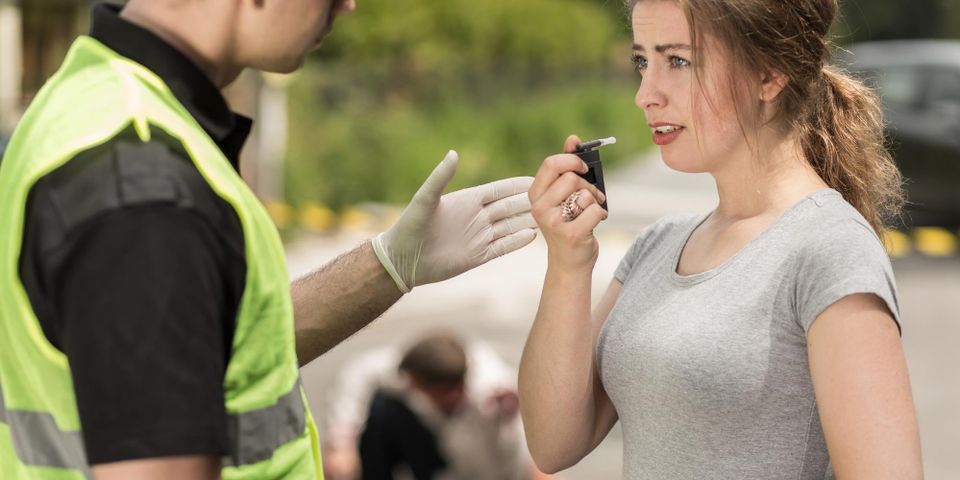What Wisconsin Drivers Should Know About Refusing a Sobriety Test

Being pulled over on suspicion of drunk driving is always a stressful experience. Unfortunately, the outcome of your case and your freedom might depend on the decisions you make in this difficult situation. One of the first choices you’ll have to make is whether to submit to a preliminary breath test or field sobriety test, as this is what the officer will use to decide if they’ll arrest you for an OWI. While you have the right to refuse, it’s important to understand how your actions might impact your case.
Field Sobriety & Preliminary Breath Tests
Implied Consent Laws
Every driver in Wisconsin agrees to submit to chemical testing of their blood, urine, or breath as a condition of receiving their driver’s license. Refusing to provide a sample after being placed under arrest may have even more severe consequences than an OWI, so it’s usually in your best interests to comply. However, an attorney may be able to question the integrity of that test in court.
Field Sobriety Tests
 Field sobriety tests consist of a series of actions, such as standing on one foot, walking a straight line, or watching a moving light. These tests give police officers clues that you might be under the influence of drugs or alcohol, establishing reasonable suspicion for further testing. There’s no statutory penalty for refusing a field sobriety test, but it may not be your best option. If you refuse, the officer will likely ask you to provide a preliminary breath sample and take you into custody for a chemical test.
Field sobriety tests consist of a series of actions, such as standing on one foot, walking a straight line, or watching a moving light. These tests give police officers clues that you might be under the influence of drugs or alcohol, establishing reasonable suspicion for further testing. There’s no statutory penalty for refusing a field sobriety test, but it may not be your best option. If you refuse, the officer will likely ask you to provide a preliminary breath sample and take you into custody for a chemical test.
Preliminary Breath Test
Preliminary breath tests are not as accurate as the equipment used to establish blood alcohol content, so their results are not admissible in court. However, your refusal to participate may be used against you to argue that you knew you were intoxicated and tried to avoid an OWI charge. Refusing a preliminary breath test likely won’t help your case, since you will probably be taken to the station for additional testing anyway. In most cases, the best approach is to comply with officers and let your attorney challenge the veracity of their evidence collection in court.
If you’ve been charged with an OWI in Western Wisconsin, the legal team at Osborne, Tripp & Schmidt will help you through every step of the process. They pride themselves on being friendly, approachable, and dedicated to giving every client the representation they deserve. Follow their Twitter for more legal tips, and call (608) 269-2400 or visit them online to schedule a consultation for your OWI case.
About the Business
Have a question? Ask the experts!
Send your question

